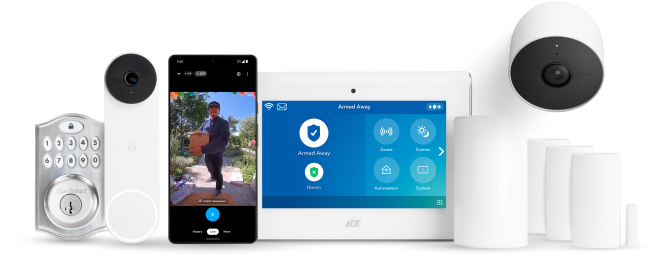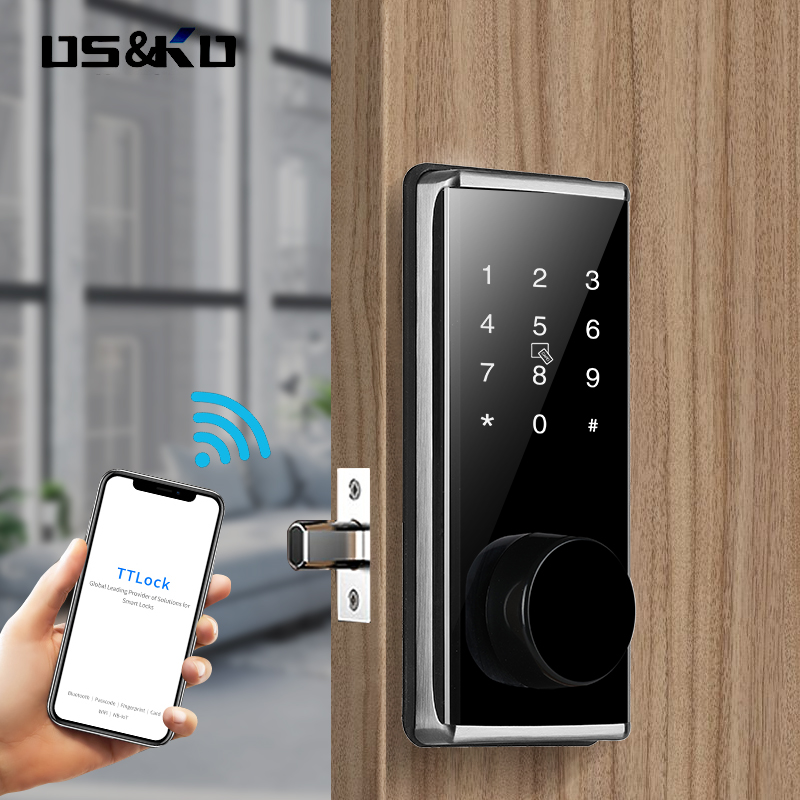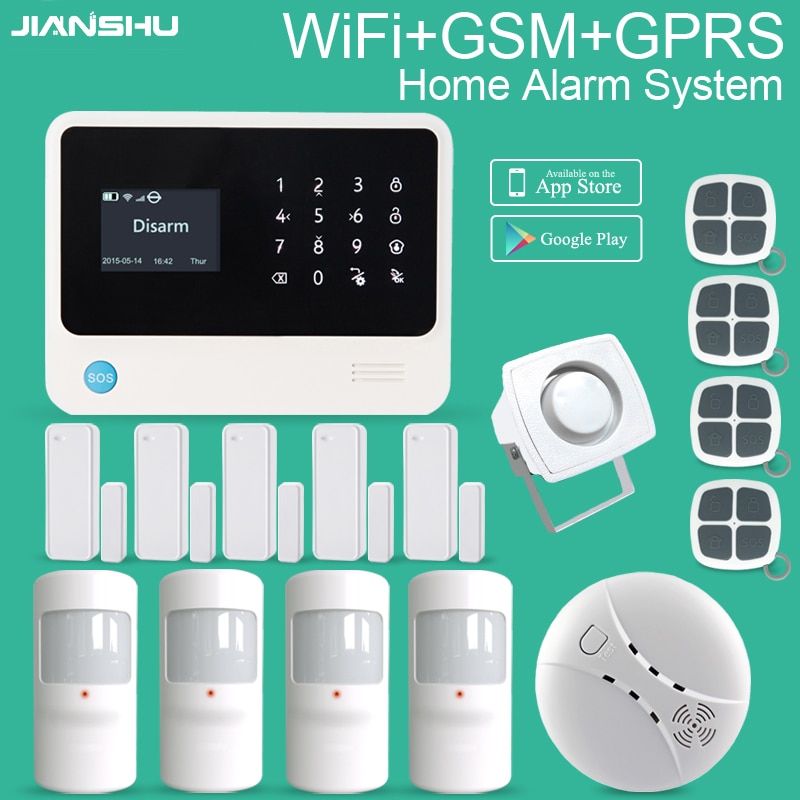
There are many factors that you should consider when choosing a security system for your home. Motion detectors, sensors and cameras are some of the most important components in a security system. Monitoring subscriptions are another important component to consider. These features should be included as standard with a security system. These components are essential for providing the security that you want.
Sensors
The recent COVID-19 disruptions in various manufacturing sectors have delayed the launch of new products and the impact on the global sensor market are expected to help the market recover. MEMs-based sensor technology has seen a rise in popularity due to its smaller size and greater energy efficiency. These sensors also work well in consumer electronics. IoT will further expand the applications for sensors.
The global sensor market is segmentable based on its application. You can further segment it into automotive IT & Telecommunication, aerospace & defence, electronics, industrial, electronics, and others. Due to high safety standards, the healthcare market holds the largest share and will grow faster than any other segments.

Motion detectors
Motion detectors form a key component of many home security systems. These devices detect movement in the home and emit a small LED to indicate it. These devices can often be connected to smart home security systems and set up to send remote alerts. Some systems also allow you to schedule motion alerts via an app on your smartphone.
Properly placing motion detectors is essential for maximum performance. Place them in areas that produce the least false alarms. Motion detectors often come with instructions to help you find the right place. In order to be effective, motion detectors should only be placed in areas with low foot traffic. For instance, if a burglar breaks into a house, they will most likely try to get in through the back door.
Cameras
There are many options for home security cameras. Although some cameras are more well-known than others, they all have their own unique features. Nanny cams such as those made by Sony have gained popularity in recent years. These cameras offer features such a fixed zoom and support for memory cards as well as an alarm system. For parents with small children, the camera can record sounds.
One of the greatest advantages of security cameras is their ability for homeowners to be alerted to suspicious activity. A security camera can monitor video and alert homeowners to intrusions. Another perk is that it can also monitor outside activity, making a home more secure overall. A porch camera placed well can help improve safety.

Subscribe to our monitoring service
A monitoring subscription is available for a monthly cost from some home security systems. These subscriptions do not have to be paid, but may be worth looking into if your concern is false alarms. These services will dispatch police to your residence and alert emergency services if necessary. The monitoring subscription will also reduce false alarms.
A monitoring subscription can be purchased for either a monthly or an annual fee. Monitoring subscriptions typically cost more than standalone devices. Some systems allow you access your home via a mobile device. This is especially useful for vacationers.
FAQ
What should I pay for alarm monitoring
Alarm monitoring costs vary depending on how often you want it monitored, what kind of equipment you need, and whether you are looking at an all-inclusive package or just one monthly fee.
What is the most trusted home security system available?
Ring Video Doorbell Pro remains the most popular home security system. It allows you speak and see anyone anywhere, anytime using your smartphone. You can also capture video and send it to family and friends by text message or email.
What Home Security Systems are Unhackable?
This question is dependent on the definition of hacking. Hacking refers to the unauthorized access of computer systems, networks, or data. Home security systems that do not have software that allows for remote control of the system cannot be hacked. They do not allow anyone to enter your property without your consent.
However, some home security systems can be hacked if they are connected to the Internet. These systems require a password in order to function. If someone knows the password, he can hack them.
Which security system is best?
The most important thing to consider when choosing the security system for your home is how valuable you are and what you have. The cheapest alarm system, which doesn't offer enough protection, is the basic one. You can go with a basic alarm system that provides limited protection, but you have the option to upgrade to one that has remote monitoring and video surveillance as well as access control.
Statistics
- Depending on your insurance, 24/7 professional monitoring may qualify you for as much as 15% off your premium. (safewise.com)
- Most home security companies will charge you around 75% of the remaining term of your contract if you cancel early—and some require 100%.Related questionsWhat type of contract length can I expect from security providers?Home security system cancellation (safewise.com)
- Depending on your insurance, 24/7 professional monitoring may qualify you for as much as 15% off your premium. (safewise.com)
- That's probably why Cove has a whopping 98%* customer retention rate. (safewise.com)
External Links
How To
How to Install a Home Security System
A home security camera is a device that monitors your house and alerts you when there's activity. It could consist of a motion sensor and doorbell camera as well as smoke detector, smoke detectors fire alarm, flood alerts, carbon monoxide detectors and burglar alarms. A home security system usually consists of one or more sensors (e.g., motion detectors), which send signals when they detect movement or sound. The signals are then sent over to a control box where they are monitored and recorded. The control panel will send an alert to your smartphone, tablet, computer or voice assistant if there is a problem, such as someone breaking into your home. You will immediately be notified and can take appropriate action.
The first step to installing a home security system is choosing the right type of sensors for your home. There are two main types, passive and active. Passive sensors don’t require batteries. They only pick up sounds, vibrations and other signals from their environment. They can be doorbells or sirens as well as buzzers. Active sensors transmit data via electricity. Examples of such sensors include cameras and motion sensor.
There are many brands of sensors today. Each brand has its advantages and disadvantages. For example, some sensors are weatherproof, while others aren't. Some of them have built in speakers so that you can still hear them from outside. Others work only inside. Some have simple features, while others provide advanced features like night vision.
Once you have chosen the right type of sensor for your property, it is time to select a manufacturer. This will make sure that your sensors function well together. Your local hardware store should have plenty of options to choose from.
Once you have decided on a brand to use, it is time to decide on how many you want. Depending on whether they live with family members or alone, most people purchase one or two sensors. However, if you plan to add additional sensors later, you might consider buying extra than you think you'll need now.
Next, decide where you want the sensors to go. Do you want them near doors and windows? Or would you rather have them hidden? Before placing them around your property, you should get permission. Make sure that they won't cause interference with any other electrical outlets.
Once you have determined where your sensors should be placed, you will need to find a way to connect them with your control panel. You may need a power adapter, or battery pack depending on the setup. Once you have everything set up, you'll be ready to monitor your property!